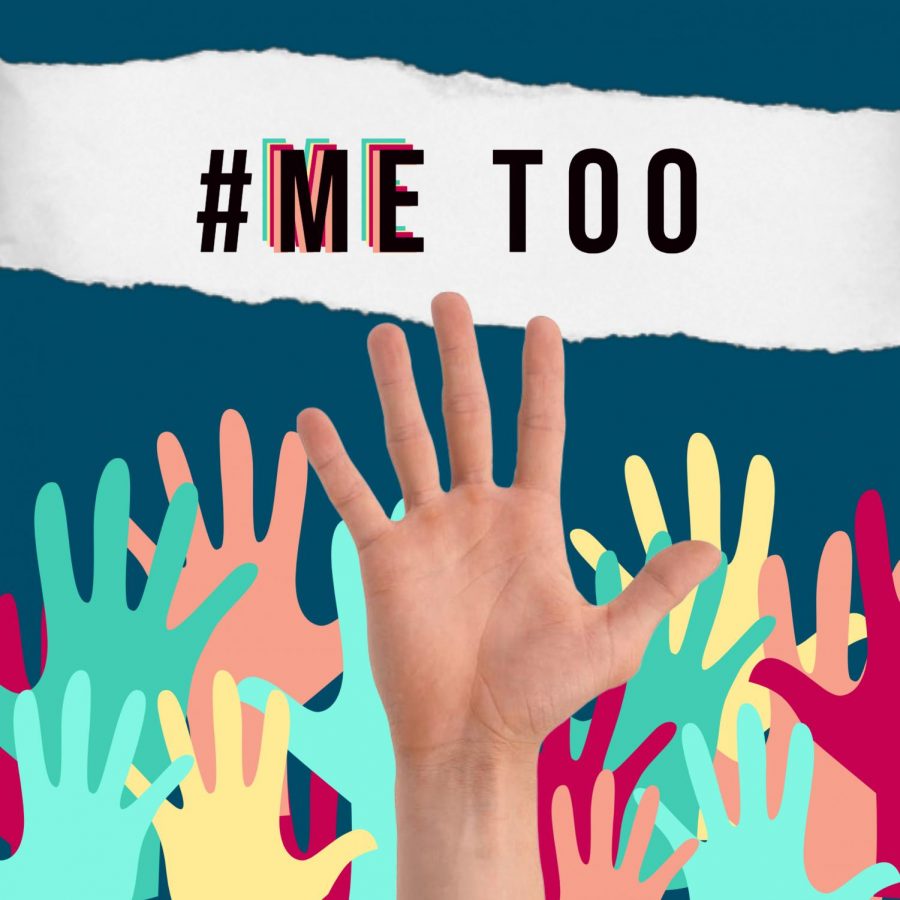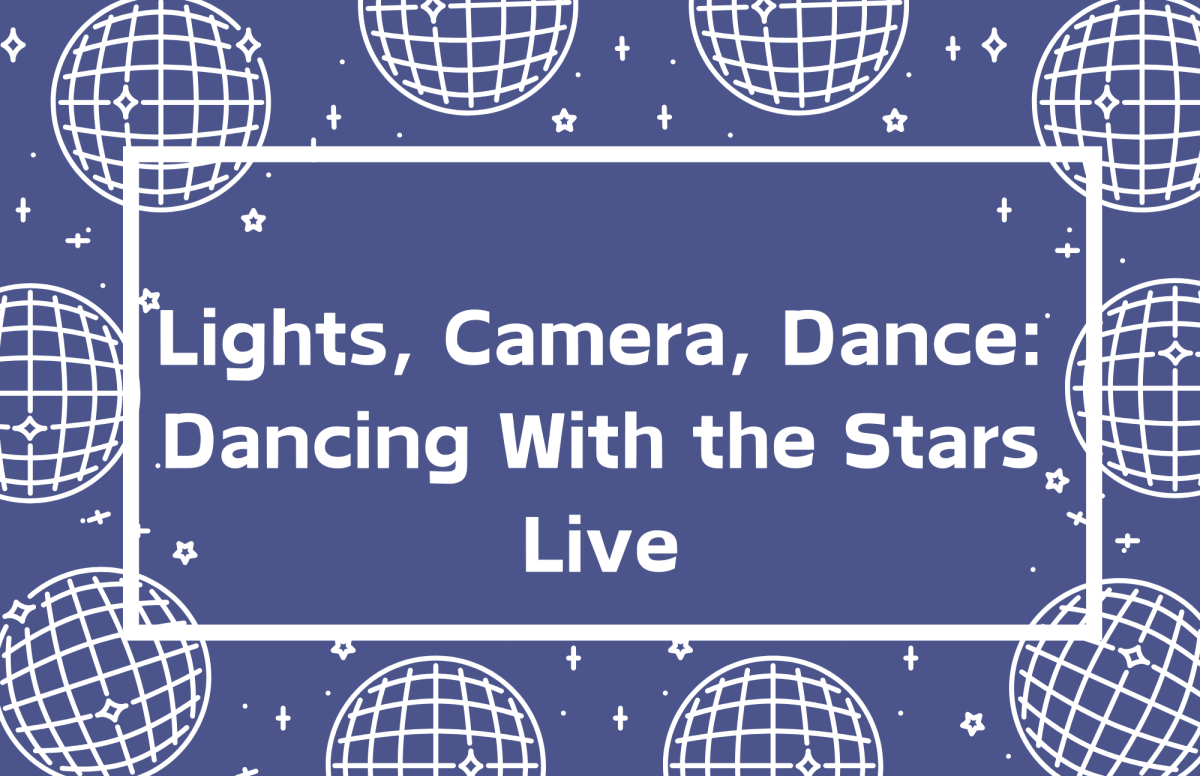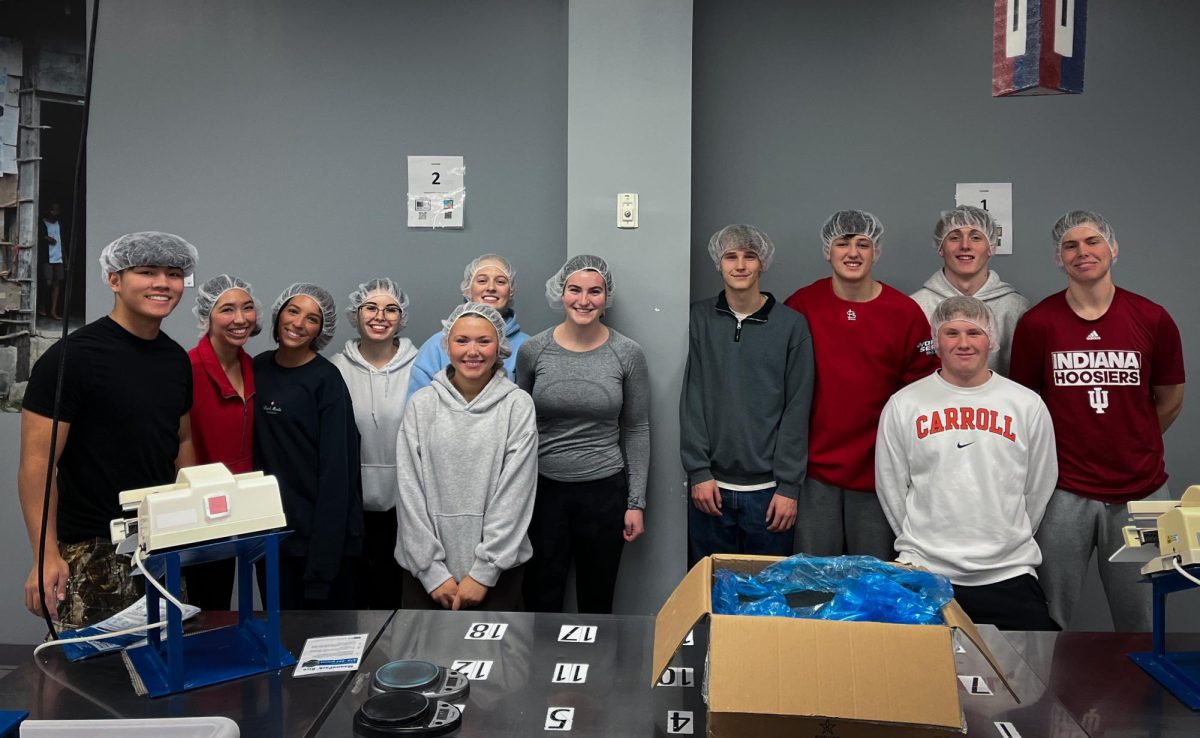Representative of New York’s 14th Congressional District, Alexandria Ocasio-Cortez went live on Instagram on Feb. 1 to describe her experience when the Capitol building was violently raided early this January. At many points during the riot, Ocasio-Cortez recalled believing she was going to die.
On her live, she described hiding in a bathroom behind a door as a man was repeatedly yelling, “Where is she?”
Of the many important things she said in her live, one statement about the tactics of abusers struck differently with other sexual assault survivors. She reminded viewers of the victim’s mentality that should you confront someone about it; there is the fear that no one will believe you. Ocasio-Cortez also reminded other survivors that moving on is up to them, and other people telling a survivor when to move on or get over it, is part of the issue.
Ocasio-Cotez sharing her experience resulted in increased talk about the Me Too Movement as she reminded viewers about the basic humanity of being respectful. The Movement was founded in 2006 by survivor Tarana Burke and promotes empowerment through empathy. The social movement empowers women to publicize sexual allegations and create safe communities.
The Me Too Movement website states they are “working to disrupt the systems that allow sexual violence to proliferate in our world.”
The movement aims to show women of all ages how common sexual assault is and that they are not alone. It tackles the social issue of sexual harassment and assault and seeks to ignite social change.
According to the National Sexual Violence Resource Center, one in five women in the United States have been sexually assaulted at some point throughout their lifetime.
This statistic only includes women brave enough to report the sexual assault and does not include sexual harrassment, advances or unwanted contact with intent. Reported experiences show 79.6% of female victims experience sexual assault before the age of 25 and 42.2% before the age of 18.
cas
















